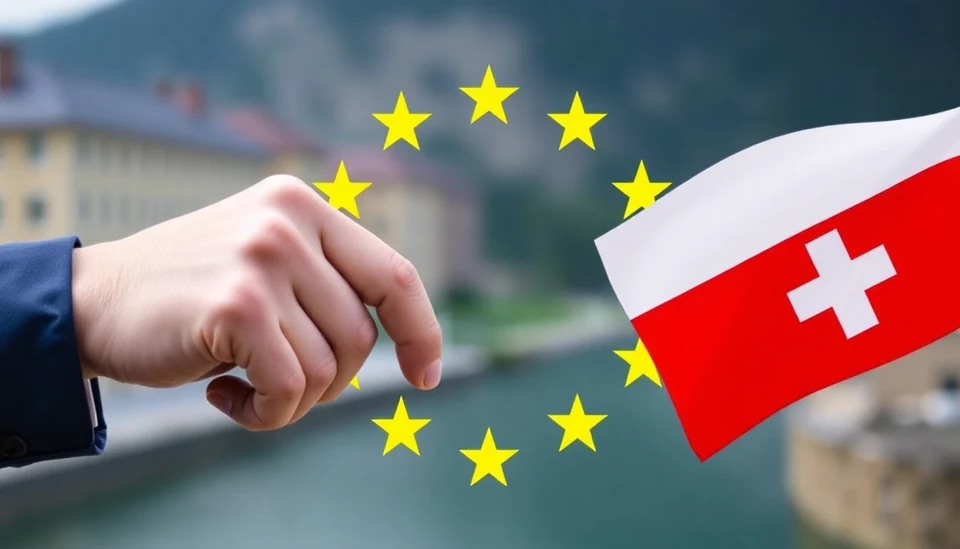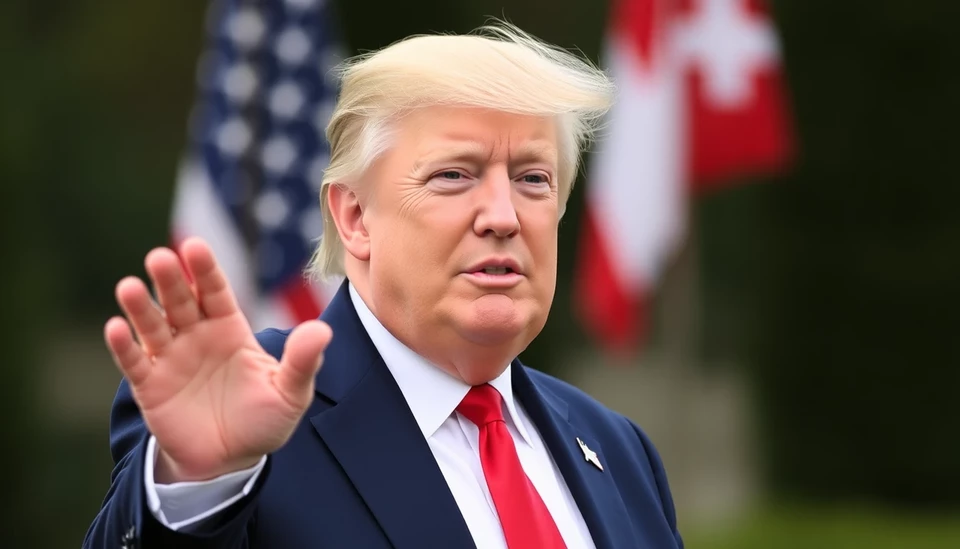
Recent sentiments among Swiss citizens indicate a complex relationship with the European Union (EU). While many appreciate the economic advantages that come from close ties with the EU, a significant portion of the population remains hesitant about full membership or deeper political integration. This ambivalence reflects a desire to maintain sovereignty while enjoying the benefits of collaboration.
Background context shows that Switzerland has fostered a unique position in Europe. It is not an EU member, yet it engages in robust economic relationships through a series of bilateral agreements. These agreements allow Swiss businesses access to the EU’s single market, contributing to the nation’s prosperity without the requirement of adopting EU laws or regulations directly.
The latest surveys suggest that while two-thirds of Swiss people recognize the importance of EU collaborations for economic security and business operations, only a minority advocate for full political integration. This dichotomy represents the Swiss preference for autonomy, a cornerstone of its national identity, while simultaneously reaping the rewards of interconnectedness.
Public debates are intensifying regarding potential changes in the relationship with the EU. Proponents of deepening ties argue that greater cooperation could bolster Switzerland's role in international trade and finance, especially given the ongoing shifts in global economic power. Conversely, critics voice concerns that increased EU influence could dilute Switzerland’s cherished independence, particularly in key areas such as immigration and regulatory standards.
The Swiss government has engaged in discussions about refreshing its framework with the EU, aiming to address current challenges such as trade tariffs and labor mobility. However, these discussions often face internal resistance due to worries about compromising on critical national interests. The public sentiment tends to favor improving existing agreements rather than pursuing new treaties that might impose EU laws.
This ambivalence is mirrored in the broader European context, where other nations also express mixed feelings about deeper integration versus maintaining national sovereignty. Political analysts note that this trend could influence future EU policies, as the bloc must navigate the delicate balance between cooperation and individual nation-states' desires for autonomy.
As Switzerland continues to evaluate its relationship with the EU, the future remains uncertain. The nation is poised to address internal debates concerning economic dependency and political sovereignty, ultimately striving for a path that aligns with public sentiment while ensuring economic vitality.
The complex interplay of benefits and drawbacks surrounding EU relations exemplifies the broader struggle many nations face in the context of globalization, where the allure of economic partnerships competes with the longstanding desire for self-determination.
In conclusion, the Swiss experience serves as a valuable case study for understanding contemporary dynamics in international relations, particularly as countries navigate the intricate web of benefits and sovereignty in the global arena. As discussions unfold, the outcomes may significantly shape not just Switzerland’s future but also the broader European landscape.
#Switzerland #EU #EconomicBenefits #Sovereignty #BilateralAgreements #Globalization #PoliticalIntegration #PublicOpinion
Author: Laura Mitchell




